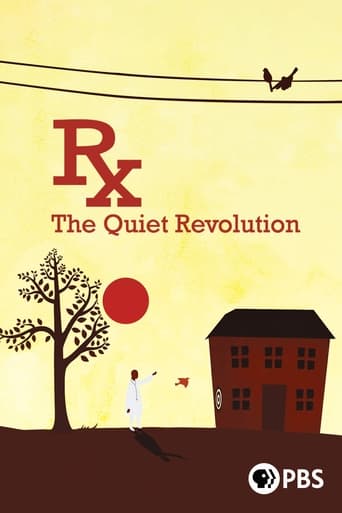
02 Apr 2015

Rx: The Quiet Revolution
How a patient-centered philosophy can improve outcomes and enrich the lives of patients.
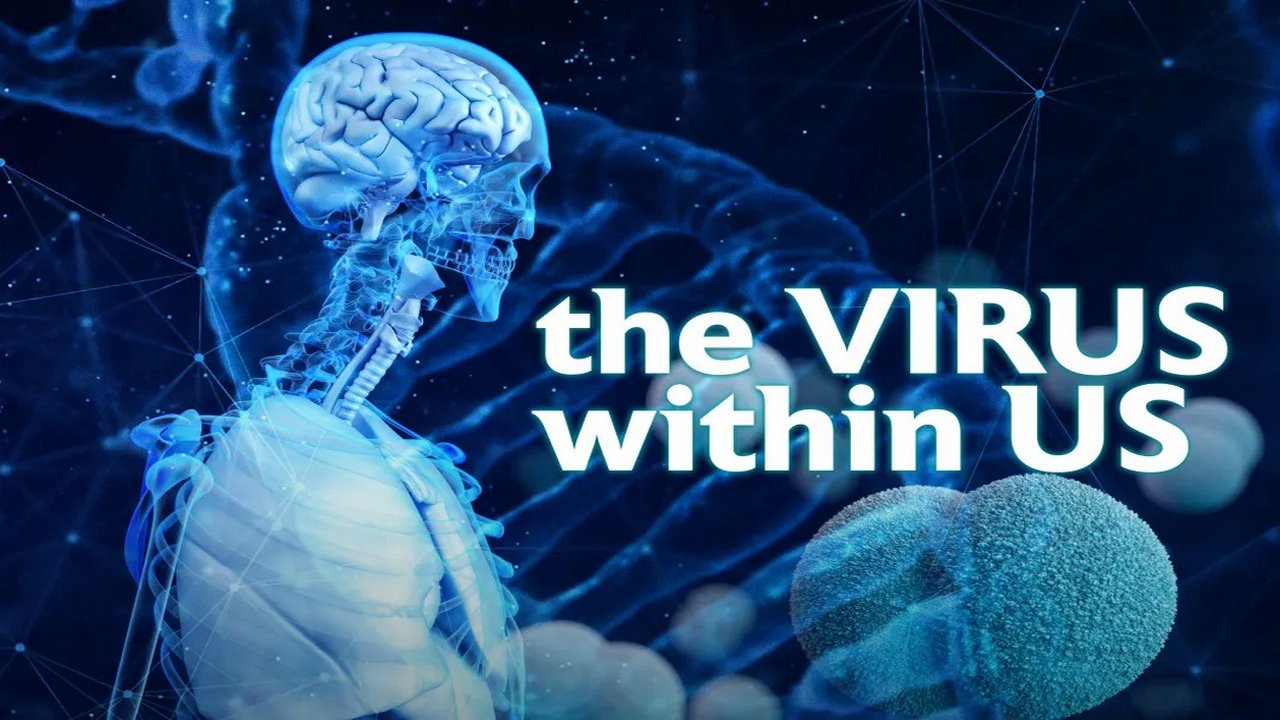
They are the most common creatures on earth. They have been around forever and are considered dangerous and deadly - but they are much more than that. Around 50 percent of our DNA comes from viruses.

02 Apr 2015

How a patient-centered philosophy can improve outcomes and enrich the lives of patients.
01 Jan 1899
Also known as The Operation of Dr. Alejandro Posadas. Filmed with early orthochromatic film in the Hospital de Clínicas de la Ciudad in Buenos Aires.

18 May 2007

A documentary about the corrupt health care system in The United States who's main goal is to make profit even if it means losing people’s lives. "The more people you deny health insurance the more money we make" is the business model for health care providers in America.
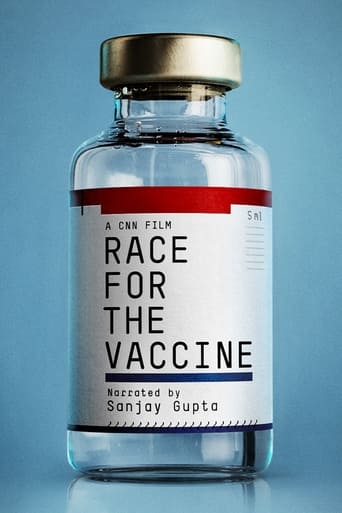
15 May 2021

As news of the coronavirus broke around the globe, a small group of scientists jumped into action to tackle one of the greatest medical challenges of our time: to create a vaccine against a virus no one had ever seen before, and to do so in record time, during a deadly, global pandemic.
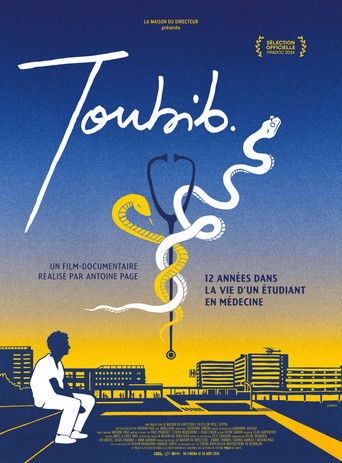
28 Aug 2024

No overview found
01 Jan 2013
A documentary that explores the dangerous and sometimes deadly world of fake products. An industry that once dealt in imitation designer handbags and shoes has exploded into a global epidemic of counterfeit pharmaceuticals, foods, toys, electronic goods, car parts and microchips. COUNTERFEIT CULTURE challenges consumers to take a deeper look at what appears to be harmless knock-offs at bargain prices.
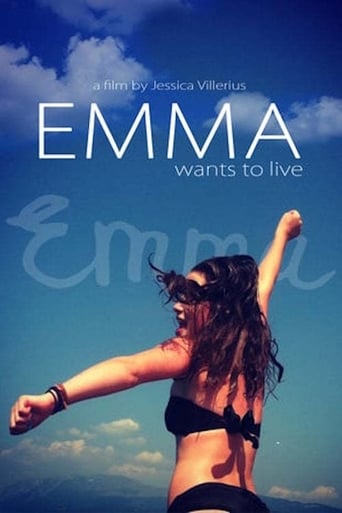
22 Nov 2016

This is a Dutch documentary about the last weeks of life in a Portuguese clinic for Emma Caris, a 18 year old girl who had been suffering anorexia nervosa since she was 16 years old.
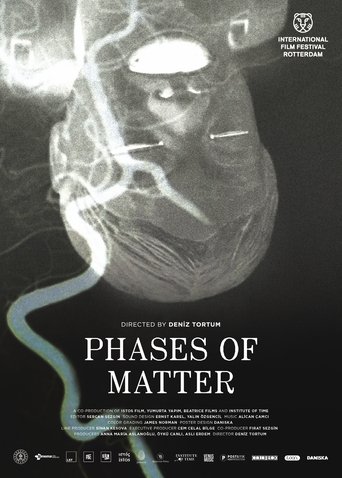
25 Jan 2020

Phases of Matter follows living and inanimate residents of a teaching hospital in Istanbul, moving from the operating room to the morgue, between life and other states, the real and the virtual.


‘Voices from the Shadows’ shows the brave and sometimes heartrending stories of five ME patients and their carers, along with input from Dr Nigel Speight, Prof Leonard Jason and Prof Malcolm Hooper. These were filmed and edited between 2009 and 2011, by the brother and mother of an ME patient in the UK. It shows the devastating consequences that occur when patients are disbelieved and the illness is misunderstood. Severe and lasting relapse occurs when patients are given inappropriate psychological or behavioural management: management that ignores the severe amplification of symptoms that can be caused by increased physical or mental activity or exposure to stimuli, and by further infections. A belief in behavioural and psychological causes, particularly when ME becomes very severe and chronic, following mismanagement, is still taught to medical students and healthcare professionals in the UK. As a consequence, situations similar to those shown in the film continue to occur.
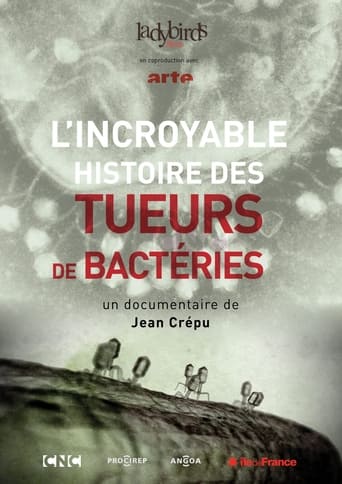
26 Oct 2019

More and more bacteria are becoming insensitive to antibiotics, not least due to excessive drug consumption. According to the EU, this problem could soon become as explosive as the environmental issue - and antibiotic resistance threatens to become one of the main causes of death worldwide. Research must therefore find alternatives - not miracle cures, but permanently effective drugs. There has already been one in the past: One hundred years ago, the French biologist Félix d'Hérelle discovered mysterious "bacteria-eating" viruses, known as bacteriophages or phages for short. He used these to successfully treat bacterial infections before the development of antibiotics, but his method was forgotten again. Is bacteriophage therapy the miracle medicine of the future?
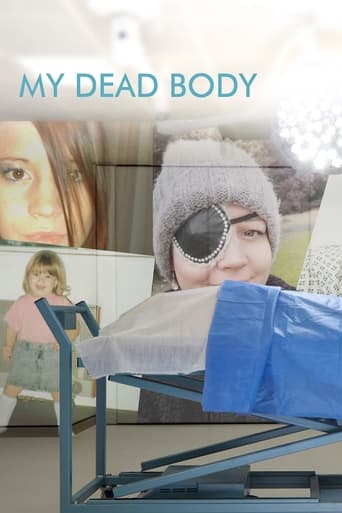
05 Dec 2022

The extraordinary moving story of Toni Crews, a young mum with a rare terminal cancer who charted her illness online before donating her body for medical research and public dissection.
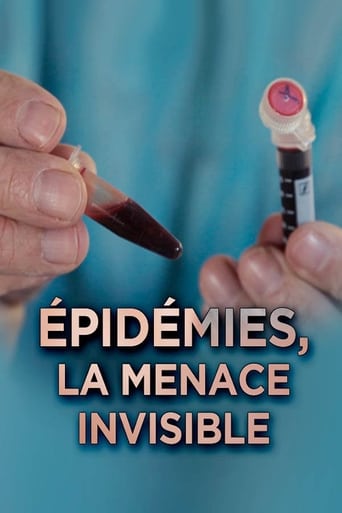
09 Sep 2014

Epidemics are rare events but when they do occur, they can be devastating. Throughout human history, many viruses have claimed lives and caused panic throughout the world. How prepared are health officials for future outbreaks? And what does the latest viral research reveal about these mysterious organisms?
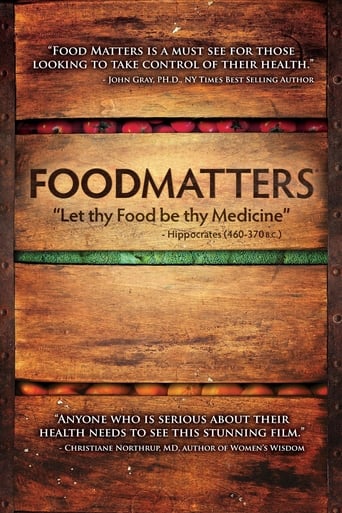
08 Oct 2010

With nutritionally-depleted foods, chemical additives and our tendency to rely upon pharmaceutical drugs to treat what's wrong with our malnourished bodies, it's no wonder that modern society is getting sicker. Food Matters sets about uncovering the trillion dollar worldwide sickness industry and gives people some scientifically verifiable solutions for curing disease naturally.
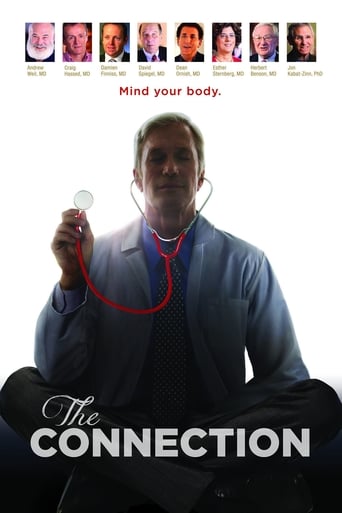
01 Sep 2014

The Connection is a film about how frontier research is proving that there is a direct connection between your mind and your health.
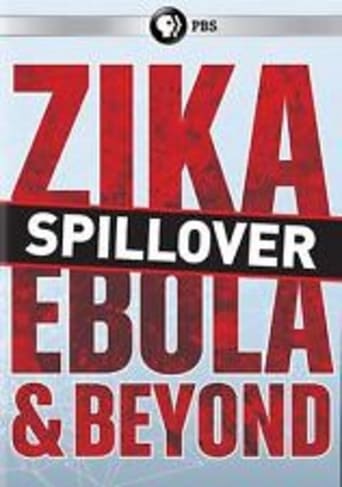
19 Sep 2016

With the world increase in spillover diseases from animals Scientists trace outbreaks such as the Zika and Ebola viruses which have the potential to infect humans.
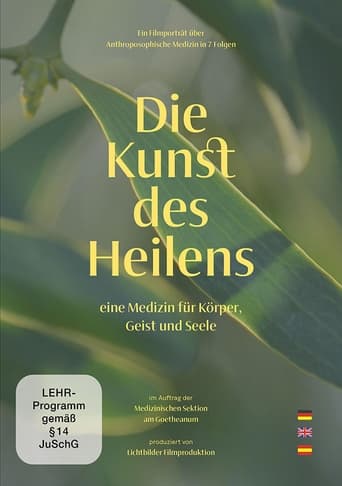
12 Feb 2021

No overview found
01 Jan 2006
Mike Adams, known as the Health Ranger to his fans, is the author of numerous books on natural health and editor of the popular internet site called News Target. Although self-taught, his knowledge of natural medicine is nothing short of phenomenal, as you will see from this interview. Be prepared for an enlightenment that could change your life.

01 Jan 2016

Inside the dramatic search for a cure to ME/CFS (Myalgic Encephalomyelitis/Chronic Fatigue Syndrome). 17 million people around the world suffer from what ME/CFS has been known as a mystery illness, delegated to the psychological realm, until now. A scientist in the only neuro immune institute in the world may have come up with the answer. An important human drama, plays out on the quest for the truth.
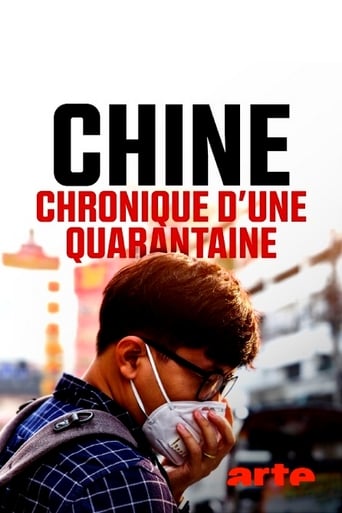
28 Feb 2020

Beijing, China, 2020. Empty streets, mandatory masks, checkpoints, the entire state apparatus used to impose severe restrictions on population movements. An entire country quarantined to fight a fierce epidemic…
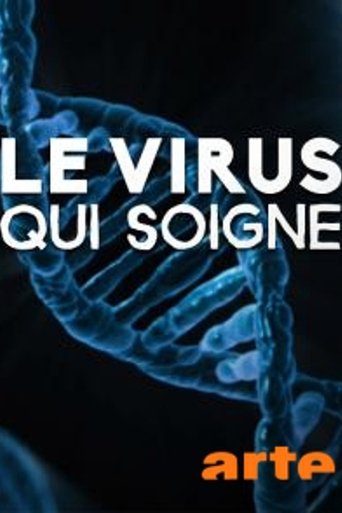
06 Nov 2015

No overview found